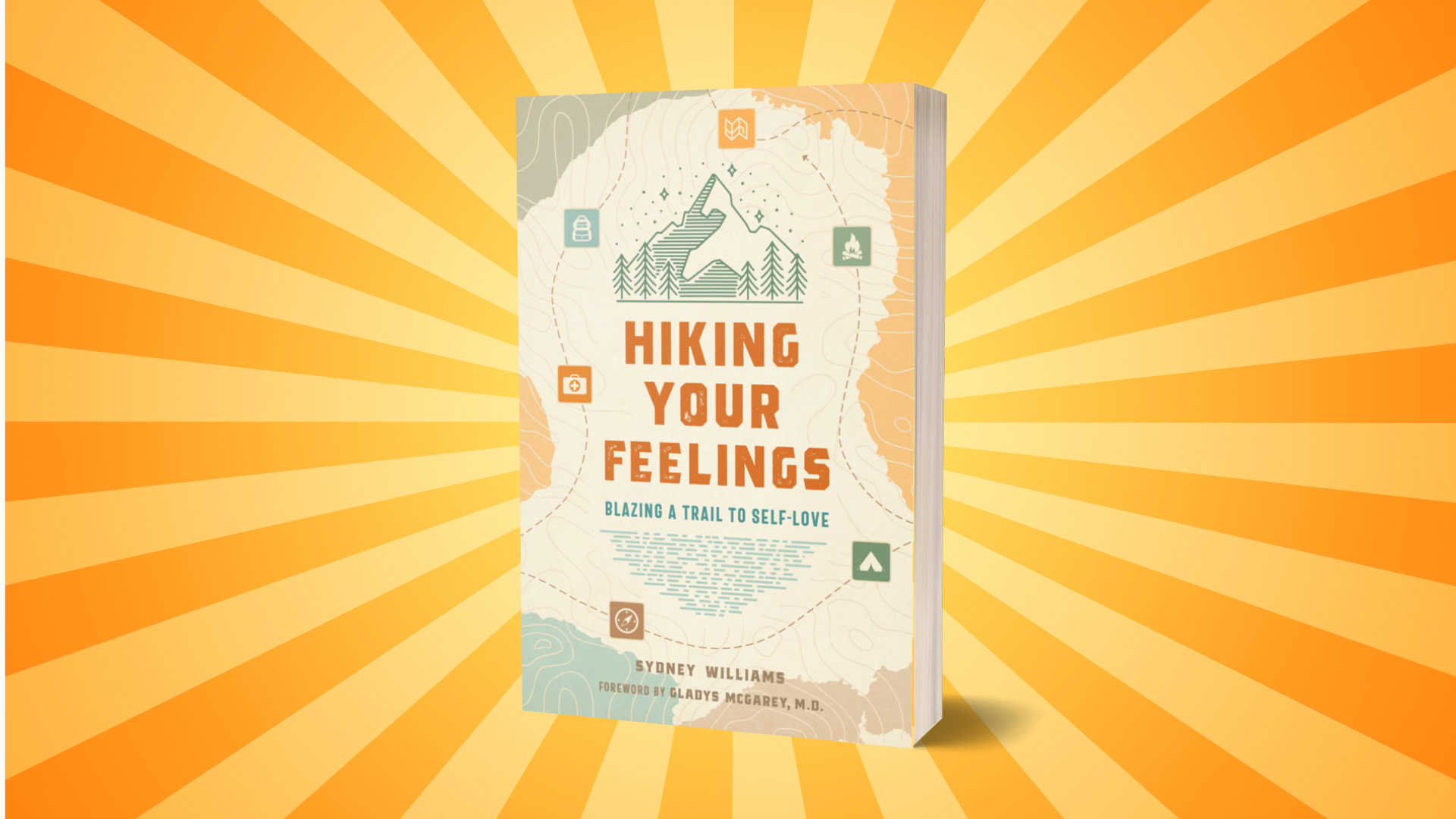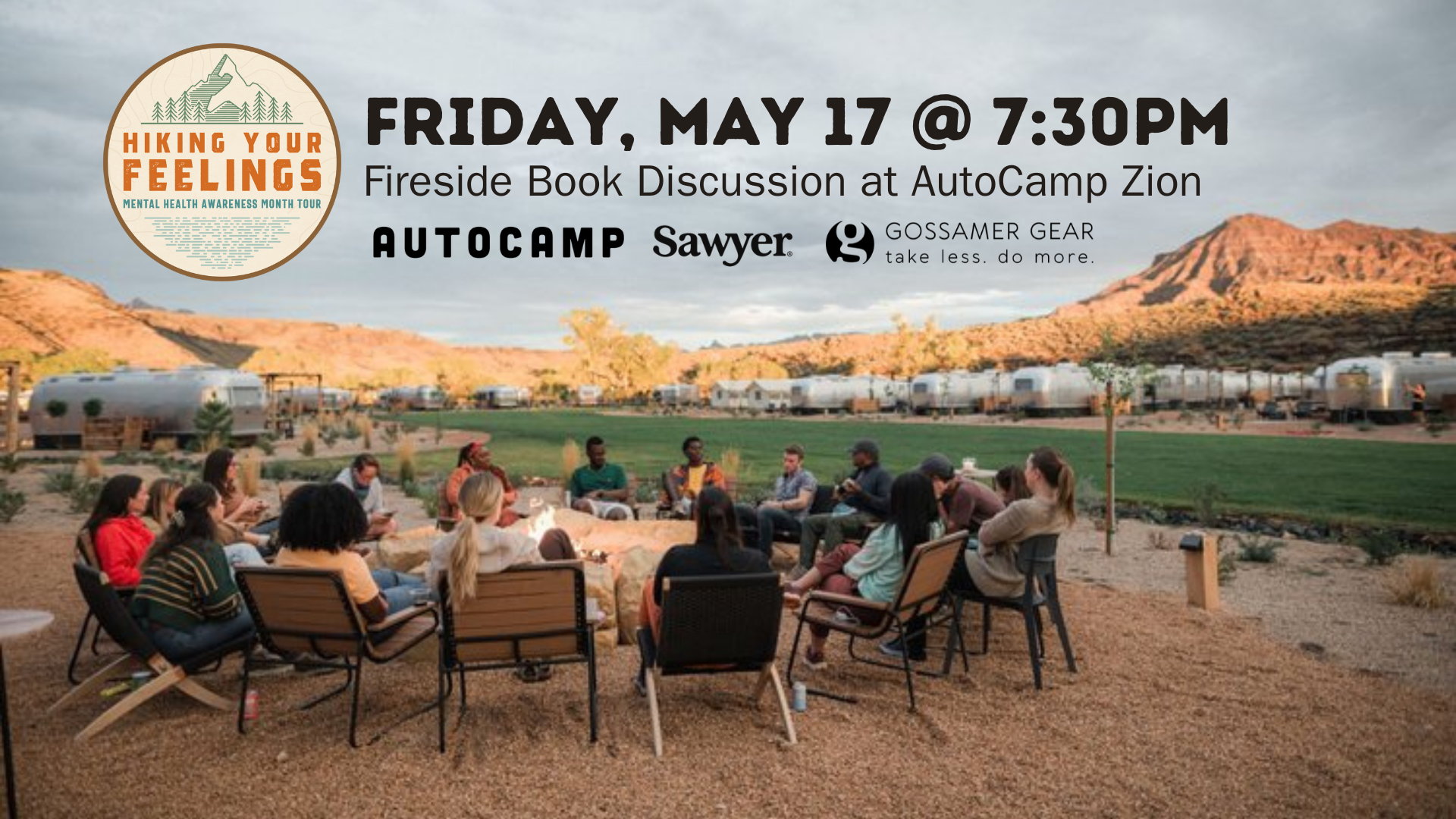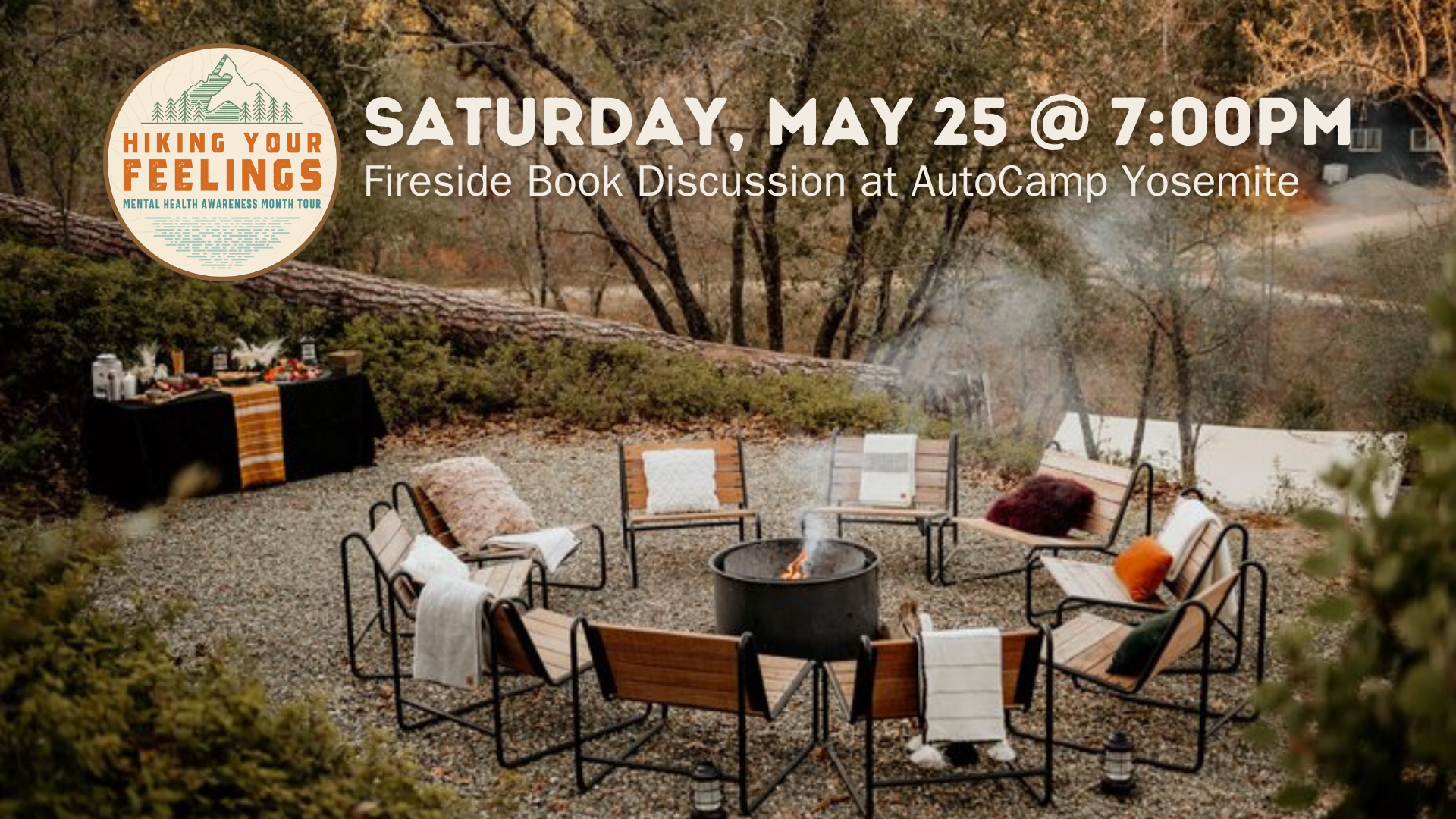SAAM Day 4: The story I’m telling myself is…
The story I’m telling myself is…
Yesterday we were talking about how to identify a safe person to share with, but how do we initiate The Most Difficult Conversation with them?
I give credit to @brenebrown for a communication hack that has made it easier for me to initiate conversations about difficult topics:
“The story I’m telling myself is…”
An example: “a story I'm telling myself is I had a thing that happened to me and I haven't been comfortable talking about it and I'm hoping that you would be willing to listen and support me through this.”
That feels a lot easier than “Hey, so this one time however long ago, this really scary thing happened.” It softens the open and it gives them an opportunity to really hear what you're saying, instead of being caught off guard. Because if you just walk into the room and you're like, “hey, I want to talk about my assault,” and they don't even know that you had one, that can be really alarming for the person that you're trying to share this with.
So while I don't think you need to tiptoe around their needs - and if you are tiptoeing, then maybe they aren't the right person to share this with - I do think it's important to be conscious of how this decision to share this story will impact you of course, but also the people around you. That's not to discourage you from sharing it, but take into consideration who you're sharing it with how much they love you and how shocking this news might be.
It's not our responsibility to manage anybody else's feelings about how they feel when we share this story, but it is the kind thing to do to have that in the back of your mind and allow that to guide how you bring this up.
All of which is to say, if you have the conversation with yourself, if you identify the person that you want to share with, and then another period of time passes. That's okay. Just because you've identified who you want to share with doesn't mean you have to go rush and tell them right now. Trust yourself, trust your process.
Have you initiated this conversation? What worked for you? Please share in the comments, your experiences could help a survivor find the words that feel right for them.
Journal Prompts:
Journaling is a huge part of my process and is one of the reasons I’m still here to share this story. No matter what is happening in the world around me, I know that I can always come home to myself by finding a cozy place to settle in, making a cup of tea, putting on some great music, and making time to reflect on whatever is happening in my life at the time. Here are some journal prompts to help you start reflecting on your own experiences. If you’d like to dig in deep on this practice, please consider joining us for the Trail of Life Maps workshop on Saturday!
Sometimes talking this out can feel like life and death. If that’s true for you, write a letter:
To yourself from yourself, knowing what you know now, supporting yourself the way you would like to be supported
To whomever you’re telling. Doing this can help you make sense of the information you want to share, and if you get nervous, you can always use the letter as a script to help you remember what you wanted to say.
Where did I learn that it isn’t safe to share my story?
Do I know any other survivors who have already had The Most Difficult Conversation with someone they love?
Video Transcript:
Once you have a conversation with yourself, and then you've identified somebody that you want to share it with, how do you initiate that conversation, especially if this is something that you've been holding on to for a long time?
There are a lot of assumptions that are made about survivors, and how we should talk about this and if we should talk about it. And first and foremost, I just want to reiterate, whatever timeline you're on is fine. It's okay. It took me 11 years to find the courage to speak up about this. Some people go their whole lives and don't speak about this. Some people feel comfortable talking about it right after it happens. There's no right way to go about this.
One of the things that I love for initiating difficult conversations of any kind, especially if I feel like there is a possibility for some kind of reaction from the other person, is to soften the open. I give Brene Brown a lot of credit for this - one of the things that I picked up from reading her books and watching her talks is:
“the story I'm telling myself is…”
This could be a way to navigate the conversation with somebody that you've been sharing space with for a long time but haven't told about this particular story. In my case, I was with Barry for seven years and we had been married for five before I finally found the courage to talk to him about it. And I had the opportunity to talk to him because he flat out said “hey, if something like this has happened to you and you want to tell me about it, I got you.” I recognize that most people might not be in that position.
So a way that you can start the conversation is “a story I'm telling myself is I had a thing that happened to me and I haven't been comfortable talking about it and I'm hoping that you would be willing to listen and support me through this.”
That feels a lot easier than “Hey, so this one time however long ago, this really scary thing happened.” It kind of softens the open, it gives them an opportunity to really hear what you're saying, instead of being caught off guard. Because if you just walk into the room and you're like, “hey, I want to talk about my assault,” and they don't even know that you had one, that can be really alarming for the person that you're trying to share this with.
So while I don't think you need to tiptoe around their needs - and if you are tiptoeing, then maybe they aren't the right person to share this with - I do think it's important to be conscious of how this decision to share this story will impact you of course, but also the people around you. That's not to discourage you from sharing it, but take into consideration who you're sharing it with how much they love you and how shocking this news might be.
It's not our responsibility to manage anybody else's feelings about how they feel when we share this story, but it is the kind thing to do to have that in the back of your mind and allow that to guide how you bring this up.
If you aren't so lucky as to have somebody just flat out tell you “hey, if you've been through this, I got you let me know,” like I was, it can be really challenging to figure out how to say this - almost as much as it is challenging to get to the point where you're ready to say something.
All of which is to say, if you have the conversation with yourself, if you identify the person that you want to share with, and then another period of time passes. That's okay. Just because you've identified who you want to share with doesn't mean you have to go rush and tell them right now. Now you know who this person is. You know that you feel safe sharing with them. You have thought about how you want this conversation to go - visualizing the conversation going well is a really helpful exercise, and it will make things a lot smoother for you.
I think another thing that's important to recognize is that it's going to be really difficult to say these things out loud. I mean, if we're just now coming to the point where we can talk to ourselves about it. saying it out loud has this feeling of like, now it's true. At least that was the case for me.
When I kept it to myself for so long. I was like oh well if I don't talk about it, then it didn't happen. That is not healthy. And that did not serve me well, but it did protect me when I wasn't ready for the backlash.
Like I said yesterday, if I had had the experience that I had with my father on the cruise ship on the day that I came home from that assault, I wouldn't have survived that interaction.
So trust yourself, trust your process. Know that you can do this whenever you're ready. And if you're never ready, that's okay too. But I hope that you find it within yourself to acknowledge it. And I hope that you have somebody who can support you through this because nobody nobody should have to work with this pain by themselves. And we shouldn't have to carry this along forever.










